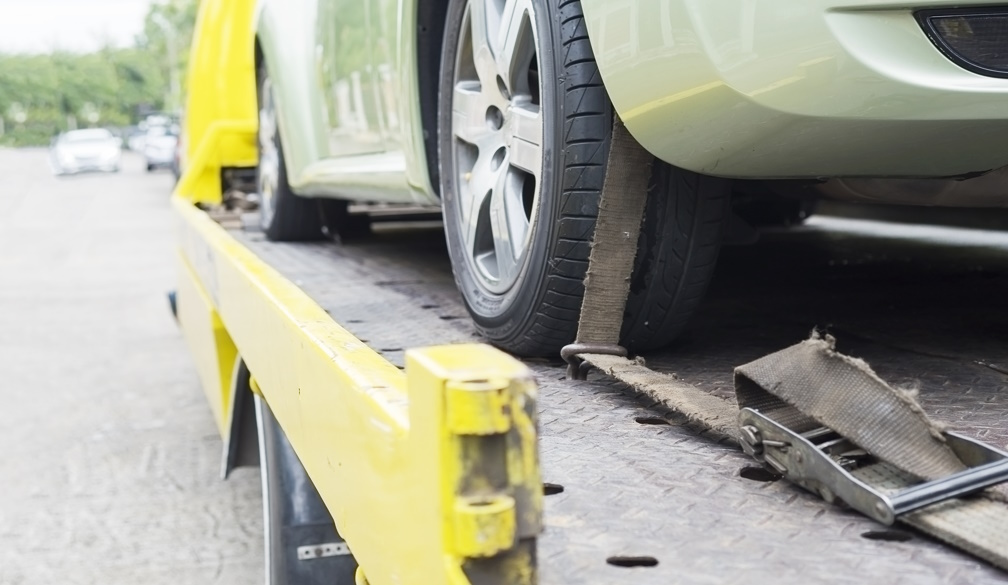Why Calling a Car Removal Service Beats Letting Your Old Car Rot

Leaving a dead car to sit in the driveway or on the street looks harmless, but the costs add up. You risk fines, leaks, and missed cash. Calling a professional car removal service turns a headache into a tidy payout and a safe, lawful hand-over. This guide explains the money, environmental, and practical angles for Sydney drivers.
The real costs of letting it sit
Abandoned or unattended vehicles can be dealt with by NSW authorities under the Public Spaces (Unattended Property) Act 2021, which took full effect on 1 November 2022 and replaced the old Impounding Act 1993. Councils can act, tow, and charge fees to release the vehicle. That is real money, and it arrives without much warning.
For a sense of scale, North Sydney Council lists a $400 release fee for an impounded vehicle for 2025/26. Storage or other charges may also apply depending on the council schedule. So the longer the car sits, the higher the risk that it will cost you, not pay you.
Paint breaks down in the sun. Tyres crack. Rats and insects move in. Drivetrain parts seize. The longer the delay, the lower any resale or parts value. In short: sitting still makes everything worse.
The environmental risk of a “leaver”
Old cars carry fluids that do harm when they escape: engine oil, coolant, brake fluid, and petrol. One litre of used oil can contaminate up to one million litres of water, which is why agencies push for proper recycling rather than dumping. Even small leaks stain driveways and enter stormwater.
Batteries corrode and release acid. Air-conditioning refrigerant must be captured by licensed technicians. Leaving the shell in a yard or on a kerb invites slow leaks and extra clean-up, while responsible recyclers isolate and process fluids and parts under set guidelines.
What you can earn instead
Scrap and parts have real value. Published price sheets in 2025 show light-gauge steel trading around $100–$200 per tonne, lead at roughly $2,000–$2,500 per tonne, and car batteries around $0.50–$0.70 per kilogram. A typical small car weighs about 1–1.5 tonnes, and add-ons like catalytic converters, alloy wheels, and copper wiring can lift the total offer. Quotes still vary by model, completeness, and access.
If you’re comparing options, ask whether pick-up is free, whether the quote is firm on arrival, and whether the buyer provides a written receipt. A prompt, all-inclusive offer usually beats drip-feed charges.
This is where car removal Sydney becomes a straight swap: a non-runner leaves your property and you get paid. Use the payout to offset a new rego, public transport, or a rideshare budget. Keep your driveway clear and your neighbours happy.
Quick checklist: how the process works
- Get a quote: share make, model, year, and condition. Photos help.
- Book a time: ask for a window that suits your access.
- Prove ownership: have ID and rego papers ready.
- Prepare the car: remove personal items and any e-tags.
- Remove number plates: take them with you.
- Cancel the registration and claim any unused motor vehicle tax refund at a Service NSW Centre; a cancellation fee applies and you’ll need to surrender the plates.
- Get paid and a receipt: keep it for your records and insurance.
Why a licensed remover is better than a DIY tow
A licensed operator coordinates depollution and recycling, not just a tow. Modern vehicles are at least 85% recyclable by mass, and reputable yards separate metals, batteries, tyres, and plastics for compliant processing, cutting waste and supporting local material recovery.
Good operators also reduce your legal exposure. They take the vehicle with consent, issue paperwork, and transport it to a facility that handles fluids and parts correctly. That avoids the awkward call from a ranger or a neighbour.
If you live in a unit block or on a narrow street, ask about flat-bed access, winches, and safety cones. Many crews can manage tight spots and coordinate with building managers with minimal disruption. That kind of service is what people expect from Sydney car removals when time and access are tight.
Common questions
How fast can it happen? Same-day or next-day pick-up is common in metropolitan areas. Availability varies with location and demand. Ask early in the week if you want a Friday clear-out.
What about a written-off car? You can still cancel the rego and seek a motor vehicle tax refund on the unused portion, with the required evidence.
Will I face fines if I leave it? If your car is unattended in a public space, councils can act under current NSW law and charge fees to release it. Avoid that risk by booking collection before it attracts attention.
The bottom line
Letting a dead car rot trades cash for clutter and risk. Call a professional remover, get a firm quote, cancel the rego, and pocket the value. The environment wins through proper depollution, your street looks better, and you avoid surprise fees. That is the practical case for Sydney auto removal today.

